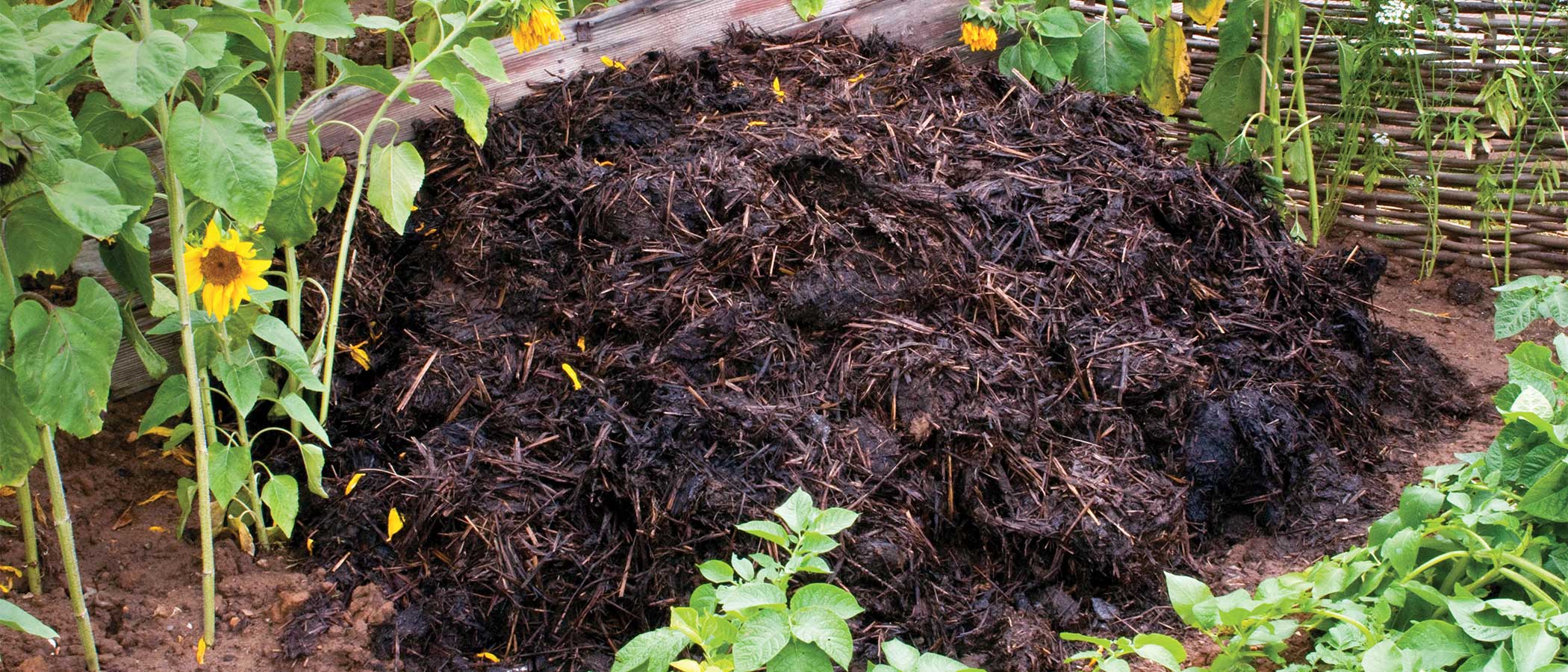Composting
Below is all the information about the project: Composting

For every million metric tons of organic wastes that decompose, 469 metric tons of carbon dioxide equivalent greenhouse gases in the form of methane are released. Composting—the conversion of such waste into a useful soil amendment—reduces those emissions by more than 50 percent. This solution replaces the disposal of biodegradable urban organic waste in landfills. The practice has other benefits as well, including potential carbon biosequestration benefits from the use of compost as a soil amendment and potential savings from reducing demand for nitrogen fertilizers.
Impact:
In 2015, an estimated 38 percent of food waste was composted in the US; 57 percent was composted in the EU. If all low-income countries reached the US rate and all middle-income countries achieved the EU rate, composting could avoid methane emissions from landfills equivalent to 1.13-1.40 gigatons of carbon dioxide by 2050. That total excludes additional gains from applying compost to soil. Compost facilities cost less to construct than to operate, which is reflected in the financial results.
More Information:
https://drawdown.org/solutions/compostingBrewing Quote...